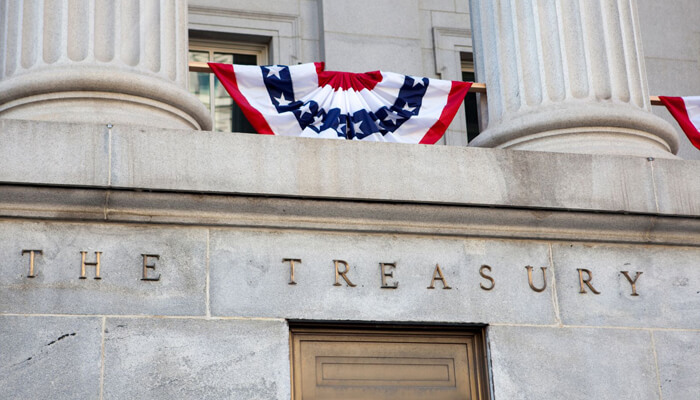Janet Yellen encouraged congressional leaders to take action to lift the debt limit statement swiftly.
According to US Treasury Secretary Janet Yellen, the $31.4 trillion constitutional debt ceiling will most certainly be reached on January 19, compelling the Treasury to take unprecedented cash management steps that may delay default until early June.
In a statement to new Republican Congress Speaker Kevin McCarthy and other members of congress on Friday, Yellen stated that “if the limits are reached, Treasury will have to start implementing certain extraordinary measures to avoid the United States from failing on its commitments.”
To “defend the complete confidence and faith of the United States,” she urged lawmakers to take swift action and increase the debt ceiling.
It is doubtful that cash and drastic measures will run out before early June, the letter stated, “but Treasury is not yet able to give an assessment of how longer emergency measures will allow us to keep paying the govt’s commitments.”
The Bloody Battle on the Debt Limit
The debt limit has been cited as a threat by Republicans, who now dominate the House, to pressure Democrats and President Joe Biden’s government into making spending concessions.
This has sparked worries in Washington, DC, and on Wall Street about a bloody battle over the debt limit in the year and that may be at least as intrusive as the prolonged battle of 2011, which resulted in years of imposed domestic and armed services austerity measures. It also briefly resulted in the downgrading of the US credit rating.
White House press secretary Karine Jean-Pierre told journalists that this must be accomplished without restrictions. “There won’t be any room for discussion. It is necessary to complete this.
On X Date
According to Yellen, the government can only really pay its obligations through early June without raising the lending ceiling, which is a much earlier deadline than some external budget analysts had predicted. They had predicted that the administration would run out of money and ability to borrow, or the so-called “X Date,” sometime during the 3rd quarter of 2023.
Some Treasury bills with maturities in the second quarter of the year have inflated prices, which analysts believe may be related to a higher chance of default within that period.
Shai Akabas, director of economics at the Bipartisan Policy Center, suggested that one interpretation of this is that Treasury had been trying to persuade Congress to act earlier rather than later.
Due to a number of issues, including the difficulty in predicting the government’s obligations and income months in advance, Yellen stated that there was “substantial uncertainty” about how long exceptional measures might prevent default.
Suspended Pension Investments
According to Treasury figures as of Wednesday, the US government debt was $78 billion below the ceiling and the Treasury’s operational cash position was $346.4 billion. The department announced an $85 billion deficit for December on Thursday as spending increased, primarily for debt interest payments as income declined.
Yellen stated in her statement that the Government expects to halt new investments in the Securities Investment Account, or G Fund, a component of a savings program for federal workers, as well as investments made in two senior funds for govt workers’ pensions and healthcare this week. Once the debt ceiling is raised, the retirement funds are reinstated.
Further Plans of the USA Government for Dealing With This Problem
Only temporarily can the government fulfil its responsibilities with the use of exceptional measures, according to Yellen’s letter to McCarthy and other legislative leaders.
Therefore, it is essential that Congress take prompt action to raise or postpone the debt ceiling. The US GDP, all Americans’ lives, and the viability of the global financial system would suffer irreversible harm if the government’s commitments were not met, Yellen wrote.


